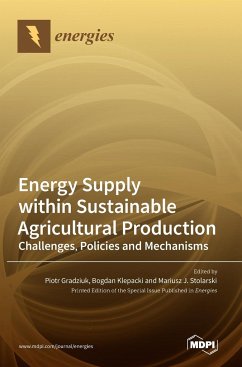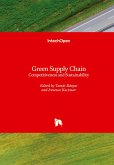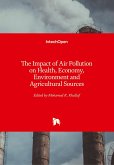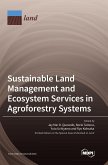Providing the security of a broad-based energy and slowing the speed of climate change are the main challenges today of the basic of legal framework to stimulate the development of alternative energy sources. Energy from renewable sources is one part of the system, which not only enables to provide energy self-sufficiency, but also contributes to the reduction heating of the Earth's atmosphere. International climate agreements indicate the need to intensify the prevention of global warming and accelerate the reduction in CO2 emissions. The implementation of such challenging plans as outlined in the European Green Deal or "Fit for 55," among others, entails the almost complete elimination of GHG emissions in the energy sector, which can be very challenging for some member states. In the EU, the preferred direction of development of RES use is distributed generation and increasing the share of the use of by-products and organic waste for the production biofuels. This creates great opportunities for rural areas, which until the last century were identified with agriculture and the production of food or raw materials. While the role of agriculture will not diminish, as incomes are rising in relatively poor countries with a high elasticity of demand for food, these areas will increasingly perform a number of other important functions as well. The production of energy raw materials and energy, which is no longer a mere idea, but is becoming, thanks to the development of new technologies, a mainstream energy sector that can make contribution to improving energy security and achieving climate neutrality.








